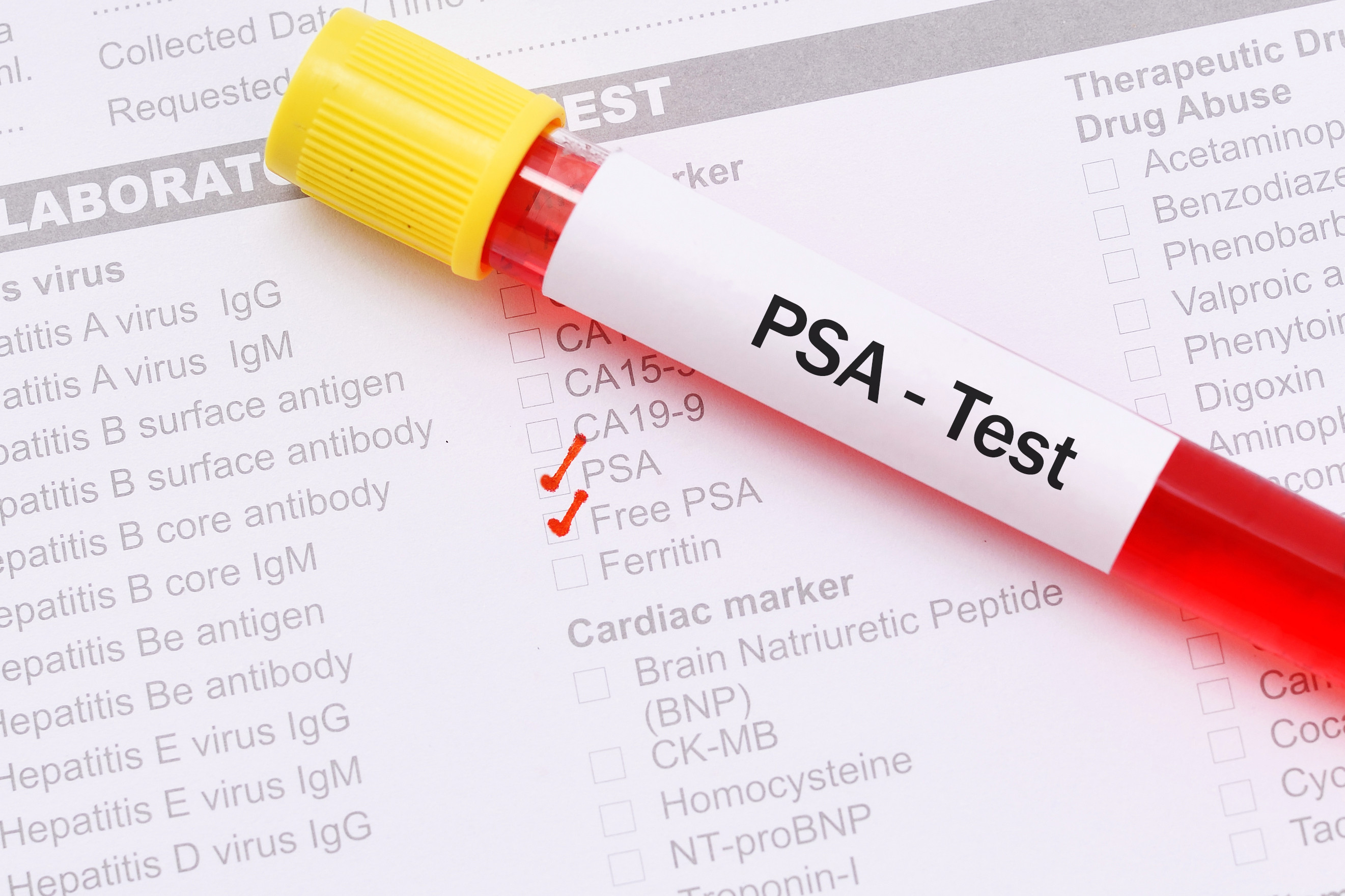
Zinc: What it does for the body, and the best food sources

Respiratory health harms often follow flooding: Taking these steps can help

Tips to leverage neuroplasticity to maintain cognitive fitness as you age

Can white noise really help you sleep better?

Celiac disease: Exploring four myths

What is prostatitis and how is it treated?

What is Cushing syndrome?

Exercises to relieve joint pain

Think your child has ADHD? What your pediatrician can do

Foam roller: Could you benefit from this massage tool?
Men's Health Archive
Articles
Can telehealth help flatten the curve of COVID-19?
Virtual health care is a convenience in ordinary times, but a valuable tool during a crisis like the one we are experiencing. Also called telehealth, telemedicine, or digital care, it allows medical staff to evaluate patients to determine possible treatment needs and whether they can remain at home.
How to not practice emotional distancing during social distancing
While COVID-19 brings normal life to a temporary halt as we practice social distancing, it helps to double-down on deepening social bonds and practicing kindness and gratitude, not emotional distancing.
Why the human heart thrives with exercise
A study comparing the hearts of apes with four different groups of men demonstrates how the heart adapts over a person’s lifetime depending on what exercise a person does (or doesn’t do). The most revealing part of the findings pertained to men who are generally not active.
Can stress really make hair (or fur?) turn gray?
Does stress really turn hair gray? Scientists conducted experiments that simulated stress and led to gray hair—in mice, which does not mean it’s true for humans, regardless of what you may have heard in the media.
As coronavirus spreads, many questions and some answers
Readers have many questions about the new coronavirus (COVID-19). We have enlisted one of our experts on infectious disease to answer some of them.
Testicular Cancer
What is it?
Testicular cancer is the uncontrolled growth of abnormal cells in one or both testicles (testes). The testicles are the male sex glands. They are located in the scrotum, behind the penis. They produce testosterone and other male hormones. The testicles also produce and store sperm, the male cells needed for reproduction.
nce testicular cancer develops, it can remain within the testicle, or it can spread to lymph nodes in the abdomen or pelvis. If it is not detected and treated, testicular cancer eventually can spread to the lungs, brain, liver, and other parts of the body. Certain types of testicular cancer are more likely to spread than others. Sometimes the cancer will have already spread at the initial time of diagnosis.
Five healthy habits net more healthy years
Following five healthy lifestyle habits has been shown to extend life expectancy. Better still, a recent study suggests the added years are more likely to be free of illness or disease.
Infertility the second time around
If you have a child and wish for more but are struggling with fertility issues, you may have many feelings and concerns. Here are some steps and strategies you may find helpful.

Zinc: What it does for the body, and the best food sources

Respiratory health harms often follow flooding: Taking these steps can help

Tips to leverage neuroplasticity to maintain cognitive fitness as you age

Can white noise really help you sleep better?

Celiac disease: Exploring four myths

What is prostatitis and how is it treated?

What is Cushing syndrome?

Exercises to relieve joint pain

Think your child has ADHD? What your pediatrician can do

Foam roller: Could you benefit from this massage tool?
Free Healthbeat Signup
Get the latest in health news delivered to your inbox!
Sign Up











